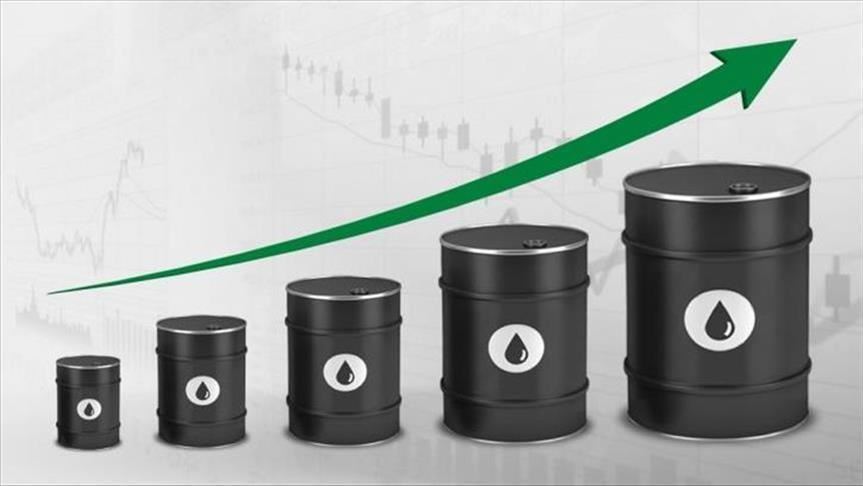

By The Istanbul Post With Anadolu Agency
NEW YORK, NY
Oil prices rose on Friday after the OPEC+ meeting, which pressed for further compliance with the group’s production cut decision to ease oversupply concerns.
International benchmark Brent crude was trading at $43.75 per barrel at 0728 GMT for a 1.04% increase after closing Thursday at $43.30 a barrel.
American benchmark West Texas Intermediate (WTI) was at $41.45 a barrel at the same time for a 1.17% increase after ending the previous session at $40.97 per barrel.
Oil prices spiked after the OPEC+ meeting on Thursday, which resulted in full commitment to the OPEC+ agreement and compensation mechanism.
Tolga Uysal, an energy markets specialist and founding partner of Deriva Consulting, told Anadolu Agency of the determination of many OPEC countries to comply with the production cuts.
However, he said that countries such as the United Arab Emirates, Iraq and Nigeria, which have overproduced, have been asked to compensate for this by the end of the year.
“We will see in time how Russia will later react to these cuts. Therefore, any rift on this issue may put pressure down prices,” he said.
Given the ongoing fragility in the supply-demand balance, Uysal said it might take until next spring to stabilize supply and demand in spite of the approximate 10% output cuts aimed at reducing OPEC supply.
OPEC and allies including Russia, a grouping known as OPEC+, is currently cutting output by 7.7 million barrels per day up to December to support prices, as the coronavirus crisis continues to hamper demand.
“However, due to COVID-19, the world economy will shrink this year and the aviation sector especially will be adversely affected, signaling a demand rebound will not be soon,” Uysal added.
Political risk and oil analyst Jose Chalhoub noted that despite the OPEC+ group’s continuing demand concerns and the impact of coronavirus on oil prices, Saudi Arabia’s harsh response to overperforming countries that did not comply with production cuts was a very clear indicator of “who is in charge of the game”.
Further oil price increases were capped as energy firms started to return crews to offshore oil platforms after Hurricane Sally weakened in the Gulf of Mexico where more than half of the US oil refineries are located.
We use cookies on our website to give you a better experience, improve performance, and for analytics. For more information, please see our Cookie Policy By clicking “Accept” you agree to our use of cookies.
Read More